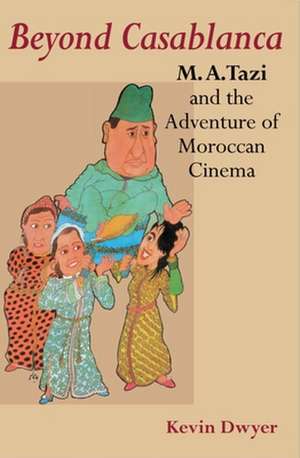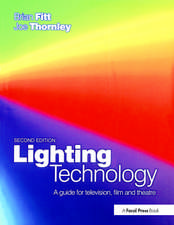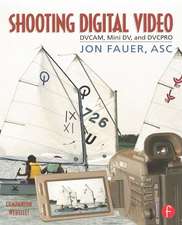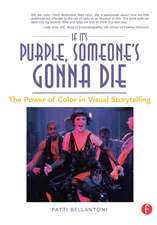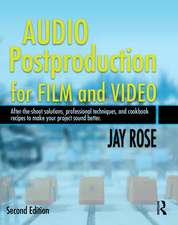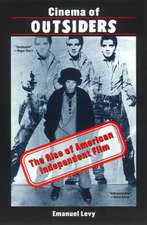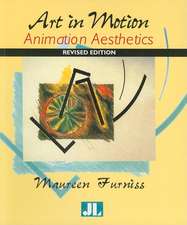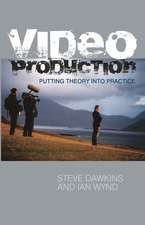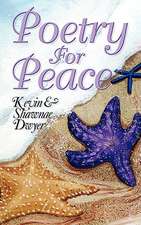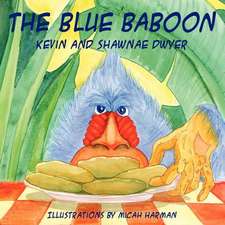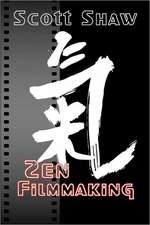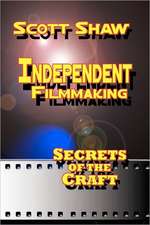Beyond Casablanca – M. A. Tazi and the Adventure of Moroccan Cinema
Autor Kevin Dwyeren Limba Engleză Paperback – 24 noi 2004
Preț: 182.16 lei
Nou
Puncte Express: 273
Preț estimativ în valută:
34.86€ • 37.85$ • 29.28£
34.86€ • 37.85$ • 29.28£
Carte disponibilă
Livrare economică 01-15 aprilie
Preluare comenzi: 021 569.72.76
Specificații
ISBN-13: 9780253217196
ISBN-10: 0253217199
Pagini: 448
Ilustrații: 33 b&w illustrations
Dimensiuni: 176 x 234 x 24 mm
Greutate: 0.75 kg
Editura: MH – Indiana University Press
Locul publicării:United States
ISBN-10: 0253217199
Pagini: 448
Ilustrații: 33 b&w illustrations
Dimensiuni: 176 x 234 x 24 mm
Greutate: 0.75 kg
Editura: MH – Indiana University Press
Locul publicării:United States
Cuprins
Introduction: Third World, Many Worlds1. The Most Successful Moroccan Film Ever Interlude: Film's Power and Function 2. Building the National Cinema, Building a Career Interlude: A First Feature-The Big Trip (1981) 3. Huston, Wise, Coppola, Camus and Pasolini, Scorsese and Some Others 4. Badis (1989) Interlude: How to Tell a Story-Narrative and Symbols5. The Other Side of the Wind, Almost Interlude: Lalla Hobby-The Film 6. Reflections and ProjectionsConclusion: Future Flights of the Bumblebee
Recenzii
A specialist on the Middle East and North Africa, particularly Morocco, Dwyer (social anthropology, American Univ., Cairo) set himself the task of investigating the complexities of creative activity in a Third World context by focusing on the Moroccan national cinema and, more specifically, on the life and career of the country's best known film director, Muhammad Abderrahman Tazi. Dwyer devotes a great deal of space and analysis to Tazi's most profitable film, A (A) la recherche du mari de ma femme (Looking for My Wife's Husband), to date the most commercially successful movie ever shown in Morocco. The analysis of this 1994 film makes it sound like a delightful Islamic romantic comedy; the plot could only occur in a Muslim context, hinging on polygamy and the three-repudiation divorce. Dwyer's treatment of Tazi's career is both detailed and contextualized. His interviews with the filmmaker sometimes seem trivial, perhaps even nit-picking, but his estimations of the general position of Third World filmmaking in world cinema, especially in competition with Hollywood, are extremely well documented. The book has copious notes and a useful bibliography. Summing Up: Recommended. Collections supporting study of world cinema at the upper-division undergraduate level and above.--R. D. Sears, Berea College"Choice" (01/01/2005)
Notă biografică
Descriere
A fascinating journey through the world of Moroccan cinema
